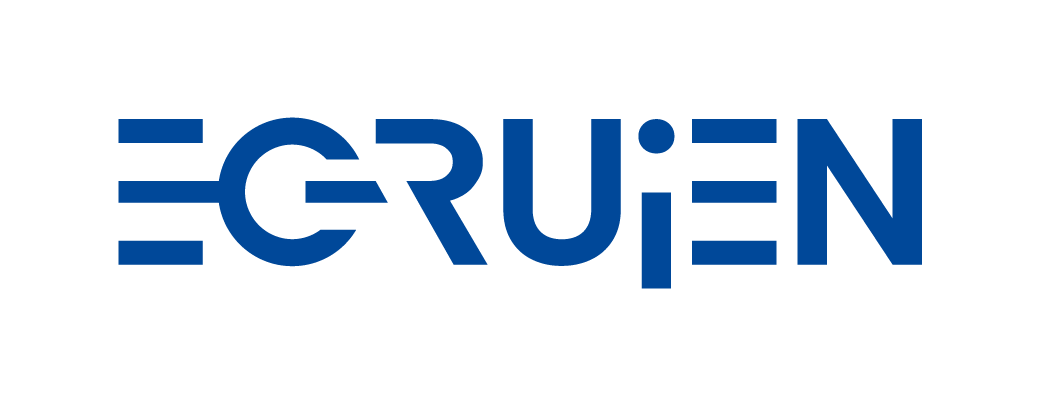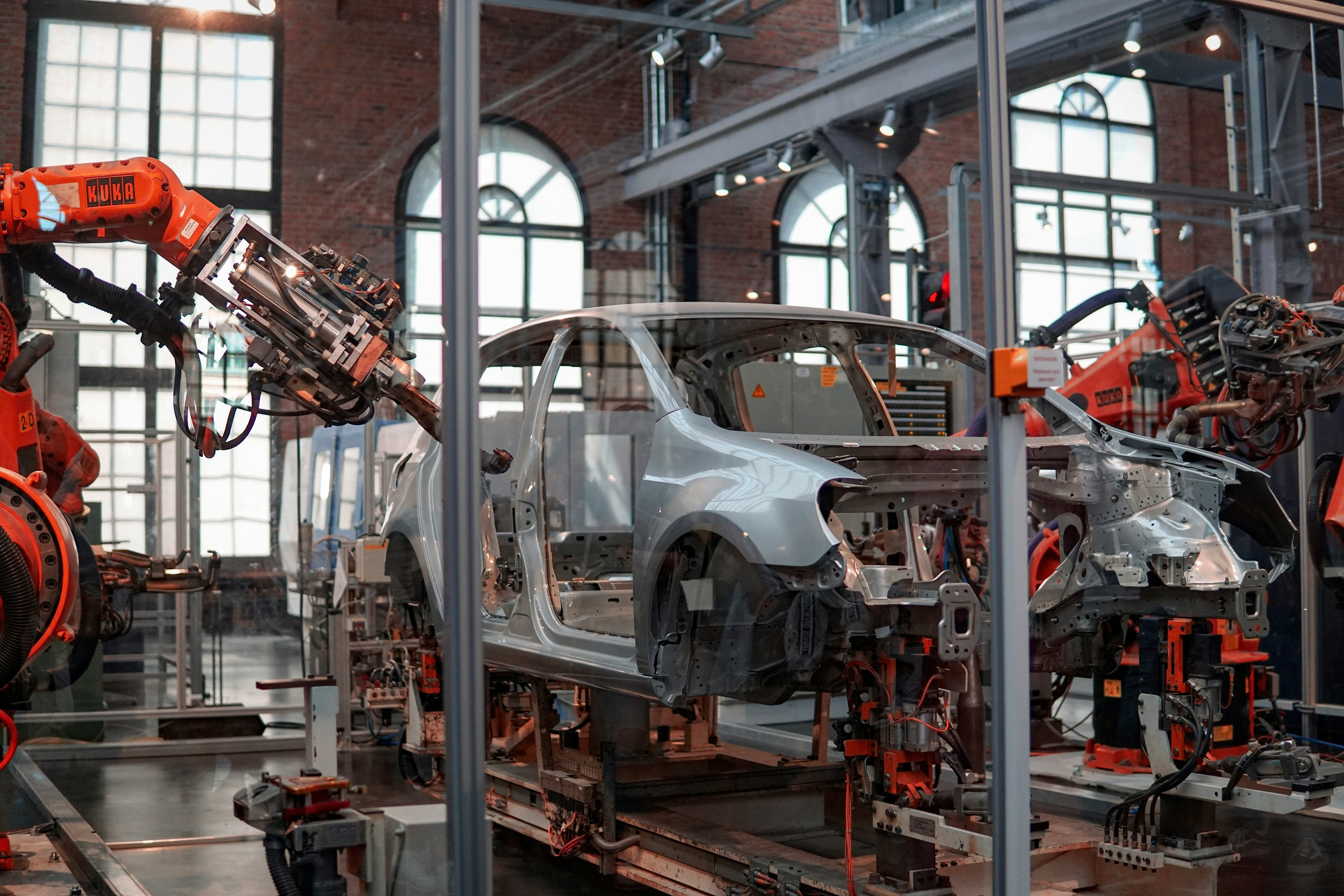The automotive sector in the EGRUiEN project
The automotive sector is one of the four main research areas of EGRUiEN, with Working Package 3 focusing on it in particular. The industry is at the centre of a twin transition, moving from combustion engine production to electromobility while implementing new digital technologies. This transformation poses a major challenge but also creates new opportunities for workers, employers and social partners.
The automotive sector is one of the most important industries in Europe, employing millions of workers across different skill levels. It is undergoing significant market disruption, including competition between traditional manufacturers such as Volkswagen and Stellantis and new electric vehicle producers such as Tesla and BYD. The shift to electric vehicles and the digitisation of production requires the restructuring of workforce skills and the adaptation of social dialogue structures to mitigate potential social impacts.
Work Package 3 aims to generate knowledge on the automotive sector in nine case countries through the analysis of macro-level data on industrial relations and the effects of the twin transition. It seeks to better understand bargaining and decision-making processes and how the sector responds to green and digital transformation. It also examines how social dialogue influences social and economic outcomes and co-produces new approaches to social dialogue adapted to the future of work in this sector.
Research activities include institutional and statistical analyses based on legal and economic data, semi-structured interviews with around ninety actors across nine countries, and focus groups simulating negotiation dynamics to co-develop future pathways of social dialogue.
The automotive sector illustrates how well-designed social dialogue institutions can help mitigate the disruptive effects of industrial transformation by supporting workers moving from carbon-intensive production to electric vehicle manufacturing. Strengthening worker representation, particularly for medium-skilled occupations at risk from automation and restructuring, and integrating social dialogue into adaptation strategies will be crucial for balancing competitiveness and social responsibility in this key industry.
These studies will provide insight into how more flexible and inclusive social dialogue mechanisms can be built to address the challenges of rapidly changing markets and technologies.

